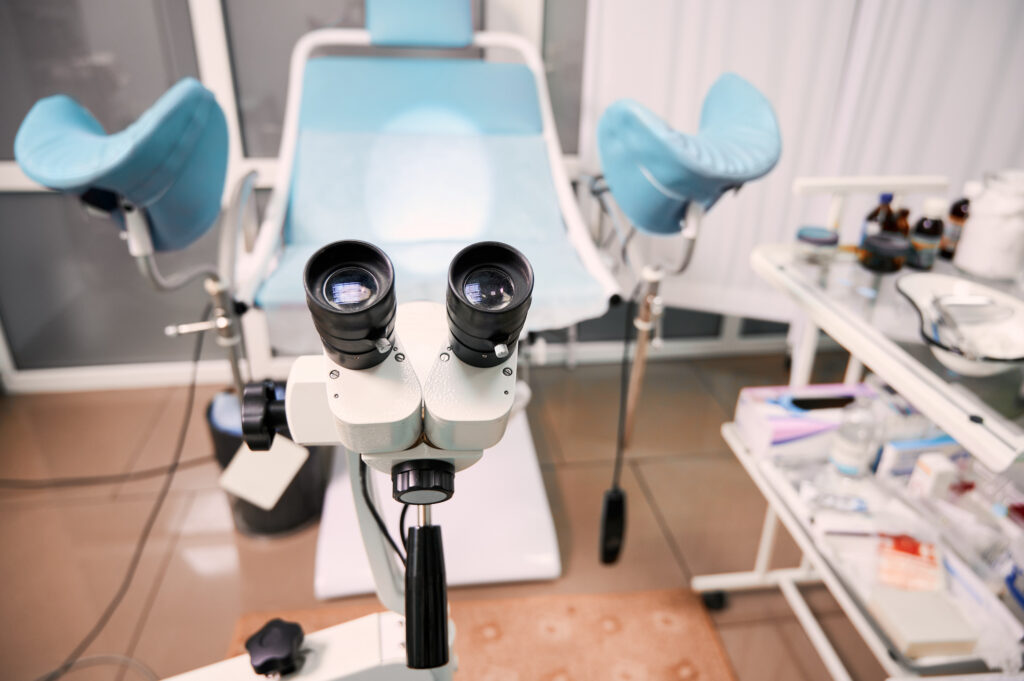Menopause is a natural process that marks the end of a woman’s reproductive years. During this time, women may experience a variety of symptoms, including hot flashes, vaginal dryness, mood changes, and difficulty sleeping. Menopausal treatment refers to various options available to manage these symptoms and improve quality of life. Here are some of the options available for menopausal treatment:
- Hormone therapy: Hormone therapy, also known as hormone replacement therapy, involves taking estrogen or a combination of estrogen and progesterone to replace the hormones that are no longer being produced by the ovaries. Hormone therapy can be effective at reducing hot flashes, vaginal dryness, and other menopausal symptoms, but it may also carry certain risks, such as an increased risk of breast cancer, blood clots, and stroke.
- Non-hormonal medications: Non-hormonal medications, such as antidepressants, can be used to manage hot flashes and other menopausal symptoms. These medications work by affecting the levels of certain brain chemicals that regulate body temperature and mood.
- Vaginal estrogen: Vaginal estrogen is a low-dose estrogen therapy that is applied directly to the vagina to relieve vaginal dryness and discomfort. Vaginal estrogen carries fewer risks than systemic hormone therapy and can be an effective treatment option for women with vaginal symptoms.
- Lifestyle modifications: Lifestyle modifications, such as regular exercise, healthy eating, and stress reduction, can help manage menopausal symptoms and improve overall health and well-being.
- Alternative therapies: Alternative therapies, such as acupuncture, meditation, and herbal supplements, may also be used to manage menopausal symptoms. While some women may find these therapies helpful, there is limited scientific evidence to support their effectiveness.
- Psychological support: Menopause can be a challenging time for women, and psychological support, such as counseling or support groups, can be helpful in managing mood changes and other emotional symptoms.
- Regular check-ups: Regular check-ups with Dr. Jeffrey Kotzen can help monitor menopausal symptoms and detect any potential health issues, such as osteoporosis or heart disease, that may arise during this time.
In conclusion, menopausal treatment can involve a variety of options, including hormone therapy, non-hormonal medications, vaginal estrogen, lifestyle modifications, alternative therapies, psychological support, and regular check-ups. Women should speak with Dr. Jeffrey Kotzen to determine which treatment options are right for them based on their individual needs and health considerations. With proper treatment and management, women can navigate the challenges of menopause and maintain their overall health and well-being.



